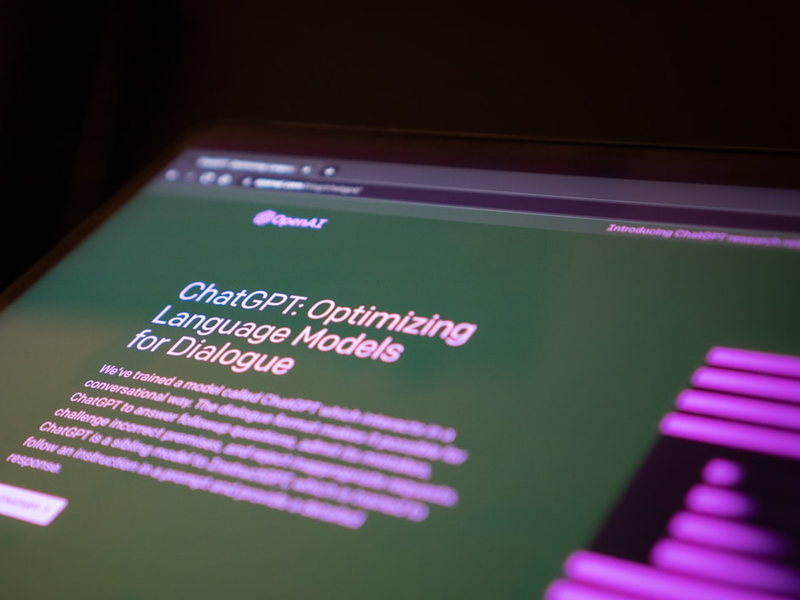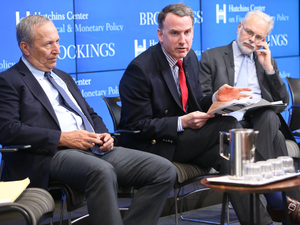ChatGPT Privacy Shift: OpenAI Changes Data Storage Policy

Photo by Jonathan Kemper on Unsplash
OpenAI is making significant changes to how it handles user data in ChatGPT, particularly regarding deleted and temporary chat histories. The tech giant will now stop saving most users’ deleted conversations, marking a notable shift in their data preservation approach.
The move comes amidst ongoing legal disputes with news organizations who have been concerned about potential copyright infringement and misattribution of information through AI-generated content. While most users will see their deleted chats permanently removed, some accounts remain under closer scrutiny.
Specifically, OpenAI will continue monitoring and saving deleted chats from domains that have been flagged by news organizations. This means certain user accounts might still have their conversations stored, potentially for legal review or investigative purposes.
The legal landscape surrounding AI technologies remains complex. News organizations have argued that AI tools like ChatGPT could potentially replace traditional journalism while risking reputation damage through misinformation. These concerns have led to multiple lawsuits challenging AI companies’ data practices.
Interestingly, the pressure to resolve these legal challenges isn’t just coming from news organizations. Insurance companies are becoming increasingly reluctant to provide comprehensive coverage for AI firms facing multiple high-stakes lawsuits. This financial pressure could potentially compel OpenAI to seek settlements more actively.
Microsoft, a key player in the AI ecosystem, has also been maneuvering strategically, attempting to keep its AI companion Copilot out of ongoing litigation. These developments underscore the evolving legal and ethical challenges in the rapidly advancing world of generative AI technologies.
For everyday users, this policy change represents a small but meaningful step towards greater data privacy and control over their digital interactions. As AI continues to integrate deeper into our daily lives, such privacy considerations will likely become increasingly important.
AUTHOR: tgc
SOURCE: Ars Technica






















































